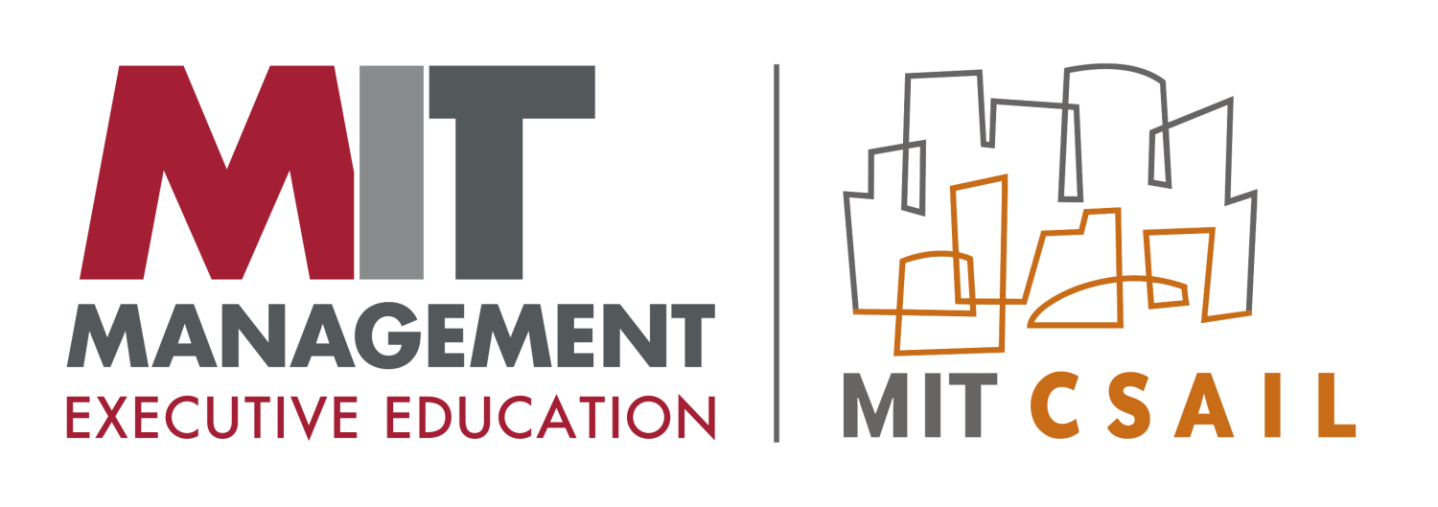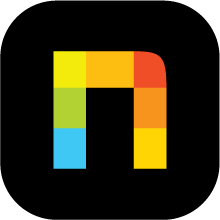An overwhelming number of educators—90%—believe that generative AI will increase education accessibility. But a majority are also concerned about cheating and plagiarism—with the belief that tools like ChatGPT or Google Bard will hurt students’ writing, thinking, and researching skills.
This is all according to a new report by Imagine Learning—a digital-first curriculum provider used in the classrooms of over 15 million students nationwide.
While teachers believe AI can be a force for good especially with things like grading and writing lesson plans, they still are looking for guidance from their administrators and district leaders on how to effectively implement it and teach students about it, says Sari Factor, chief strategy officer at Imagine Learning.
“I think one of the things that we’re seeing with teachers is they’re just overburdened,” Factor tells Fortune. “We know this. We know there’s a huge teacher shortage, and one of the key aspects of our materials is they enable students to take more ownership for their own learning.”
The company has shifted to focus on finding new ways to drive efficacy. One part of this is using AI-powered data to help teachers with insight on student outcomes and learning.
“(AI) certainly frees up time in the teacher’s day, but the curriculum-informed and data-informed pieces is what will take this to the next level, and we’ve been doing this for a while around personalized learning, but certainly generative AI is allowing us to do things like speaking to a student that is in a tutoring session in the same voice as the teacher,” says Gautam Parasnis, Imagine Learning’s chief digital officer.
Generative AI is helping push education and curriculum less toward finding out the right answers and more toward critical thinking skills—by encouraging students to figure out what are the right questions to ask and how to actually find solutions.
Concerns about plagiarism, cheating with AI
While AI and machine learning is not new to Imagine Learning, Factor says the advent of generative AI has really changed the game and ushered in new concerns around academic integrity.
In the company’s 2023 Educator AI Report: Perceptions, Practices, and Potential, over half of educators—especially in high schools—are “very concerned” about AI’s impact on cheating.
“I think teachers are very concerned about that,” Factor says. “Again, they want to get back to the critical thinking piece. They want life easier for themselves and easier for the kids, but they want the kids to really own the learning. It’s not that they’re cheating so much as they’re not going to learn if they do that.”
Educators have begun addressing these concerns by utilizing more hands-on learning activities, teaching without computers, or having students write essays in class instead of at home.
The report also found that about a fourth of educators who do not use AI in the classroom see data privacy and ethical concerns as among the current barriers of the tool. Of those educators surveyed, only 15% said they felt prepared to oversee generative AI use and 32% noted they are not prepared at all.
The president of the American Federation of Teachers, Randi Weingarten, echoed concerns in an interview last week with Fortune, in which she expressed the dire need for privacy, security, and ethical guardrails before AI use gets out of hand.
“We also have a huge responsibility to the school districts we serve. We are in business by signing contracts with schools that hold us to a certain level of required privacy and security for student data. And so, it’s those kinds of things that teachers and administrators care about,” Factor says.
Students lagging behind
In many subjects, students across the country are struggling. Average test scores for 13-year olds in mathematics and reading fell sharply between 2020 and 2023, according to the federal government. Moreover, ACT scores have also dropped to a new 30-year low.
The number one challenge education is facing is the lack of quality teachers that both understand student needs and the needs of curriculum, Factor says. Thousands of teaching positions remain vacant across the country.
Many issues in education were problems even before the pandemic and are much bigger than AI can solve altogether, yet generative tools may help make teachers lives a little easier, she adds.
“It’s putting that next thing in the teacher’s hands that are going to allow her to thrive, not to be so burdened,” Factor says. “Maybe she’ll stay in the classroom a little bit longer instead of, you know, so much turnover that we have in the teaching profession.”
While she adds there have been some fads in education—like virtual reality—she believes AI is here to stay and will fuel human intelligence due to its easy scalability.
“I think AI will be in every classroom with every student, with every teacher in some form or fashion, because that’s how the world’s moving,” Factor says.
Plus, Parasnis adds, learning to use AI will be a necessary skill of the future.
“We’re saving time for teachers, making their jobs easier and helping empower students to take responsibility for their learning,” Factor says. “It’s about empowering their potential.”








